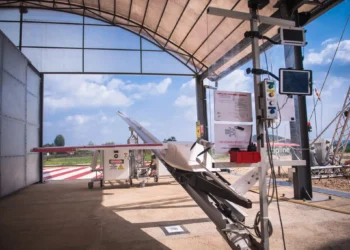African health tech startups raised an unprecedented amount of capital in the second quarter of 2025, recording a 5400% increase compared to the same period last year. This surge stands in stark contrast to global funding trends, where health tech investments fell by double digits, signaling investor caution worldwide. According to data from Africa: The Big Deal, African health tech companies closed deals worth over $220 million in Q2 2025, a massive jump from just $4 million in Q2 2024. The growth was fueled by a handful of mega-deals and increased investor interest in healthcare solutions tailored to African markets.
What Drove The Surge?
Several standout deals drove the surge. Nigerian telehealth platform mPharma raised a significant late-stage round to expand its pharmacy network, while Kenyan diagnostics startup Ilara Health closed a Series B round to scale affordable diagnostic services across East Africa.
Analysts point out that Africa’s healthcare system faces chronic funding gaps, which make health tech solutions attractive to both impact and commercial investors. By leveraging technology, startups like these reduce costs, increase access and fill gaps in diagnostics, distribution and insurance.
Global Health Tech Faces Funding Declines
While Africa experienced record-breaking growth, global health tech funding painted a different picture. Venture capital investments in the sector dropped by 12% globally in Q2 2025, according to CB Insights. Factors like rising interest rates, IPO market slowdown and investor preference for AI startups outside healthcare contriuted to the decline.
What This Means For Africa’s Startup Ecosystem
The sharp rise in health tech funding highlights Africa’s growing appeal to global investors, especially in essential sectors like healthcare. Investors view the continent’s young population and underserved healthcare market as opportunities for both impact and returns.
Experts caution, however, that the current boom must translate into substantial growth. “The capital influx is encouraging, but startups must build resilient models beyond funding cycles,” said Nadia Ibrahim, a health tech investor based in Lagos.
If sustained, the momentum could make Africa a global leader in healthcare innovation, offering scalable solutions for emerging markets worldwide.




